Table of Contents
Guide
WHY I AM A SALAFI

Copyright Michael Muhammad Knight 2015
All rights reserved under International and Pan-American Copyright Conventions. No part of this book may be used or reproduced in any manner whatsoever without written permission from the publisher, except in the case of brief quotations embodied in critical articles and reviews.
Library of Congress Cataloging-in-Publication Data is available
Cover art by Rob Regis
Interior design by Megan Jones Design
SOFT SKULL PRESS
An imprint of COUNTERPOINT
2560 Ninth Street, Suite 318
Berkeley, CA 94710
www.softskull.com
Distributed by Publishers Group West
10 9 8 7 6 5 4 3 2 1
e-book ISBN 978-1-61902-631-5
Contents
With love and peace to Azreal, pious predecessor
19482013

 What are you doing after the orgy?
What are you doing after the orgy? 
 Jean Baudrillard
Jean Baudrillard
I WAS ON THE edge of the desert when the drugs wore off, good-bye Muslim Gonzo. After several hours of dimethyltryptamine-powered inward pilgrimage, the crazy was gone by sunrise. The Mother Wheel had beamed me up screaming, but the beaming back to Earth came slow and easy, leaving me in happy dumb peace. Eyad and I rolled up our sleeping bags, shared good-byes with the people who had provided the medicine, and drove off their land, back to Los Angeles.
The medicine was ayahuasca, a hallucinogenic tea from the Amazon that had found its way into white New Age scenes and spiritual therapy culture. Ayahuascas main ingredients consisted of a sacred vine that opened my body up to the dimethyltryptamine, and another plant that provided the dimethyltryptamine itself. Many Muslims would insist that drinking ayahuasca is not Islamically permissible, that its physical effects amount to either a state of prohibited intoxication or something like black magic. The concern from my sisters and brothers is reasonable: In ayahuasca world, the sublime devotions came with unspeakable transgressions that simultaneously denied and affirmed the words on All
 hs pages. Whether this pushed me out of Islam or drilled me straight into its deepest guts, I cant say, but that is an old problem of mystical experience.
hs pages. Whether this pushed me out of Islam or drilled me straight into its deepest guts, I cant say, but that is an old problem of mystical experience.
Whether 
 al
al
 l or
l or 
 ar
ar
 m, I couldnt have experienced ayahuasca as anything other than a Muslim, embarking on an entirely Muslim trip. The chemical purging and healing found their expression through the symbolic language of Islam, or at least an archive of stories and reference points in my brain that I have catalogued as Islam. In the car I told Eyad about some of the visions, not sure how it might strike his own Muslim sensibilities or if it was even the kind of thing that I should share with others. Within Islamic tradition, sages have often advised that we lock this kind of experience in our hearts, as the disclosure could harm our communities or even ourselves. I didnt mention every detail of the trip to Eyad; some of the visions were so far off the map that I needed time alone with them first, if only to ask what in my head could have made those visions possible.
m, I couldnt have experienced ayahuasca as anything other than a Muslim, embarking on an entirely Muslim trip. The chemical purging and healing found their expression through the symbolic language of Islam, or at least an archive of stories and reference points in my brain that I have catalogued as Islam. In the car I told Eyad about some of the visions, not sure how it might strike his own Muslim sensibilities or if it was even the kind of thing that I should share with others. Within Islamic tradition, sages have often advised that we lock this kind of experience in our hearts, as the disclosure could harm our communities or even ourselves. I didnt mention every detail of the trip to Eyad; some of the visions were so far off the map that I needed time alone with them first, if only to ask what in my head could have made those visions possible.
It would have to come out sooner or later, because writing is my religion as much as anything. The full story went into Tripping with Allah, my Great American Muslim Drug Adventure. After the book came out, the American Journal of Islamic Social Sciences described my ayahuasca vision as a frankly disturbing blending of erotic and religious imagery. This pretty much fits.
Reclining the passenger seat all the way back, carried by Eyads machine back to civilization, I not only felt gratitude for what had transpired (whether it had been a genuine mystical penetration or just an explosion of the right chemicals), but also had to smile at what seemed like a private joke between Creator and created. It was at the edge of the desert, far beyond the limits of proper Muslims, that my Islam looked anything like the 
 aqq, the Absolute Reality. It was Out There, viewing the center from the outermost edge, that I found my sweetness for the center. For all the erotic disturbances and throw-stones-at-his-head levels of blasphemy, ayahuasca had put me in the right condition for visiting a mosque.
aqq, the Absolute Reality. It was Out There, viewing the center from the outermost edge, that I found my sweetness for the center. For all the erotic disturbances and throw-stones-at-his-head levels of blasphemy, ayahuasca had put me in the right condition for visiting a mosque.
Eyad drove us to one of the big ones in the city. We made slow steps in, still feeling clumsy from what we had been through, and found the restrooms. Sitting on the wudh
 bench in front of a faucet, I pulled off my socks and rolled up my pant legs and my sleeves and formalized the intention to myself. My mind wasnt exactly running at full capacity, but I wasnt intoxicated on any level that could have invalidated my prayers. Moving at about a third of my normal speed, I turned on the water and put my right hand under it, washing the hand up to the wrist three times. Then I washed my left hand three times. I scooped up water in my right hand, pushed it into my mouth, and immediately spit it out, three times. Then I brought a handful of water to my nose, sniffed the water in and then snorted it out, three times. Using both hands, I splashed water into my face and made sure that my entire face had been touched. Three times. Then I washed my arms up to the elbows, each three times, starting with the right arm, and wiped my wet hands once over my head. Three times, I wiped the inner and outer parts of my ears with my wet index fingers and thumbs. I wiped my wet hands over the back of my neck. The final act was to wash my feet up to the ankles, three times each, starting with the right.
bench in front of a faucet, I pulled off my socks and rolled up my pant legs and my sleeves and formalized the intention to myself. My mind wasnt exactly running at full capacity, but I wasnt intoxicated on any level that could have invalidated my prayers. Moving at about a third of my normal speed, I turned on the water and put my right hand under it, washing the hand up to the wrist three times. Then I washed my left hand three times. I scooped up water in my right hand, pushed it into my mouth, and immediately spit it out, three times. Then I brought a handful of water to my nose, sniffed the water in and then snorted it out, three times. Using both hands, I splashed water into my face and made sure that my entire face had been touched. Three times. Then I washed my arms up to the elbows, each three times, starting with the right arm, and wiped my wet hands once over my head. Three times, I wiped the inner and outer parts of my ears with my wet index fingers and thumbs. I wiped my wet hands over the back of my neck. The final act was to wash my feet up to the ankles, three times each, starting with the right.
I had no decoder ring that could tell me what secret messages were hiding within this performance. I washed for the immediacy of my washing itself, the secret knowledge that my arms and feet expressed no secret at all, being symbols of nothing beyond themselves. Even if the visions had expired hours ago, my brain remained wary of having to exert much effort. Being Muslim, doing Islam, worked in moments like this as procedural memory, like riding a bike. I didnt have to think about it. After washing, I sat, lingering on empty details such as the color of the tiles, the sensation of my arms dripping wet, my face still wet, my bare feet wet, the feeling of the floor. I could at least register the fact that I was now in a state of ritual purity, my body ready for prayer, and that I should guard myself against farting. Did I need to urinate? Briefly focusing attention on my anus and penis, I found no agitations. All systems go. After sitting there long enough to mostly drip-dry, I put my socks back on and stepped out of the restroom with my right foot first.


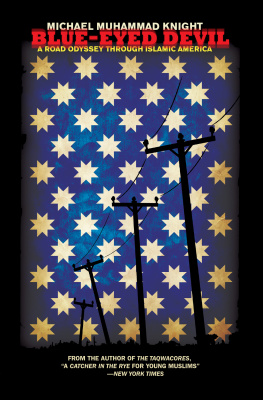
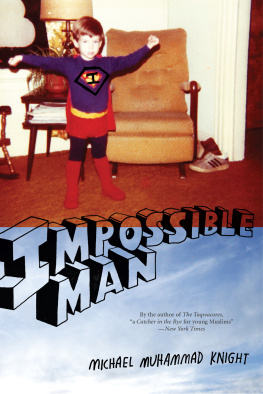
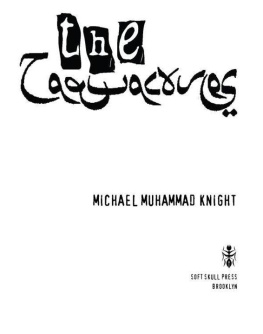
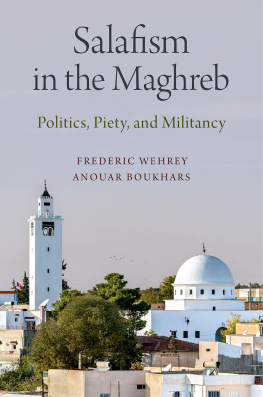
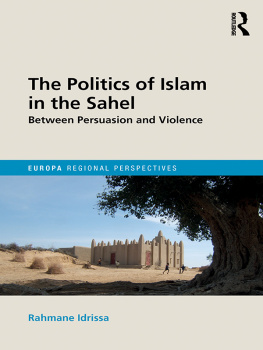
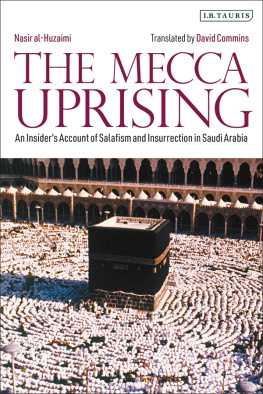


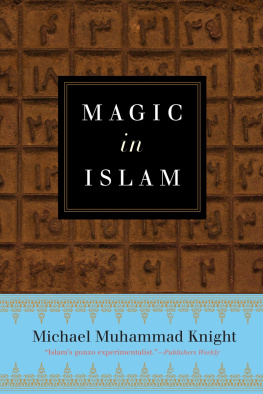
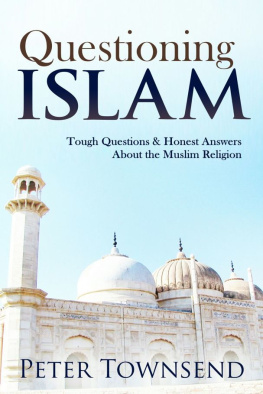

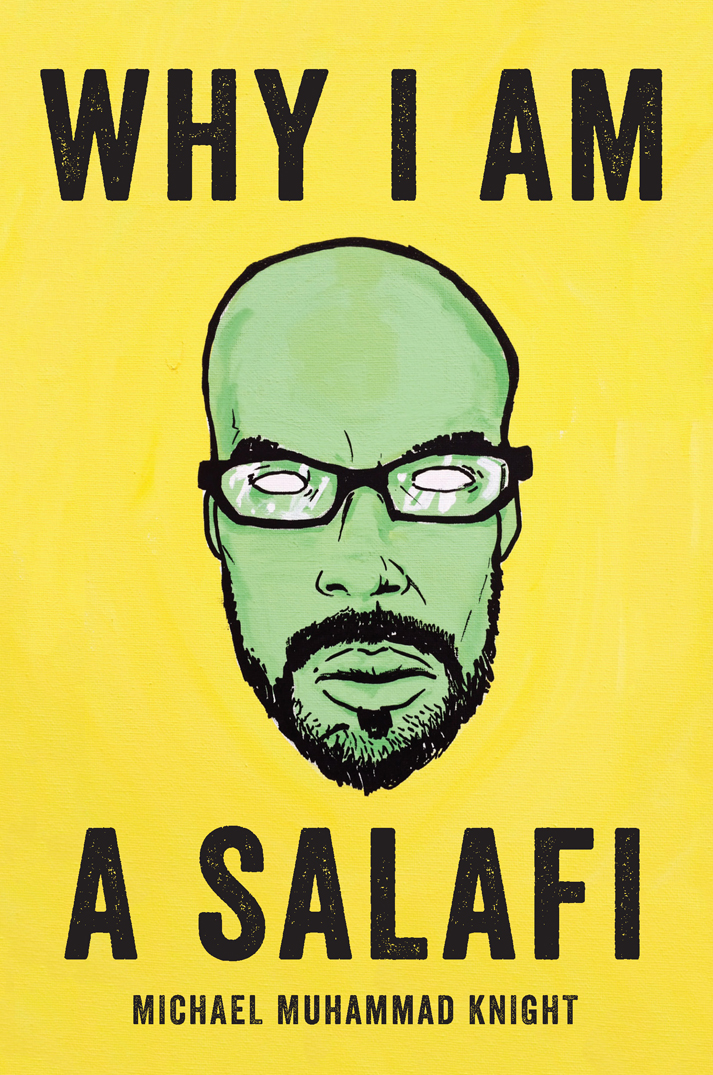




 hs pages. Whether this pushed me out of Islam or drilled me straight into its deepest guts, I cant say, but that is an old problem of mystical experience.
hs pages. Whether this pushed me out of Islam or drilled me straight into its deepest guts, I cant say, but that is an old problem of mystical experience.


 bench in front of a faucet, I pulled off my socks and rolled up my pant legs and my sleeves and formalized the intention to myself. My mind wasnt exactly running at full capacity, but I wasnt intoxicated on any level that could have invalidated my prayers. Moving at about a third of my normal speed, I turned on the water and put my right hand under it, washing the hand up to the wrist three times. Then I washed my left hand three times. I scooped up water in my right hand, pushed it into my mouth, and immediately spit it out, three times. Then I brought a handful of water to my nose, sniffed the water in and then snorted it out, three times. Using both hands, I splashed water into my face and made sure that my entire face had been touched. Three times. Then I washed my arms up to the elbows, each three times, starting with the right arm, and wiped my wet hands once over my head. Three times, I wiped the inner and outer parts of my ears with my wet index fingers and thumbs. I wiped my wet hands over the back of my neck. The final act was to wash my feet up to the ankles, three times each, starting with the right.
bench in front of a faucet, I pulled off my socks and rolled up my pant legs and my sleeves and formalized the intention to myself. My mind wasnt exactly running at full capacity, but I wasnt intoxicated on any level that could have invalidated my prayers. Moving at about a third of my normal speed, I turned on the water and put my right hand under it, washing the hand up to the wrist three times. Then I washed my left hand three times. I scooped up water in my right hand, pushed it into my mouth, and immediately spit it out, three times. Then I brought a handful of water to my nose, sniffed the water in and then snorted it out, three times. Using both hands, I splashed water into my face and made sure that my entire face had been touched. Three times. Then I washed my arms up to the elbows, each three times, starting with the right arm, and wiped my wet hands once over my head. Three times, I wiped the inner and outer parts of my ears with my wet index fingers and thumbs. I wiped my wet hands over the back of my neck. The final act was to wash my feet up to the ankles, three times each, starting with the right.